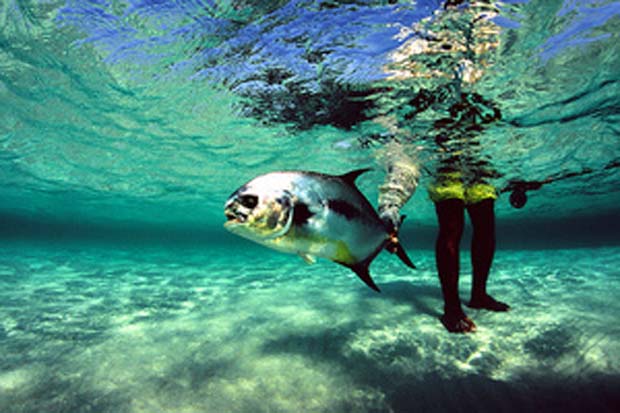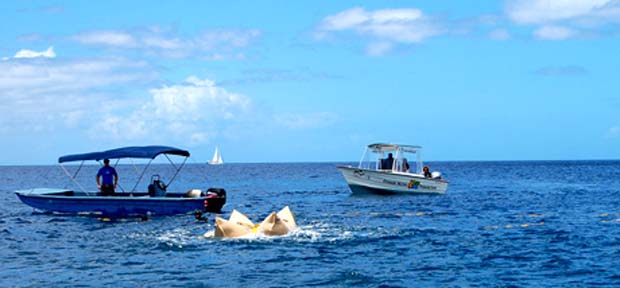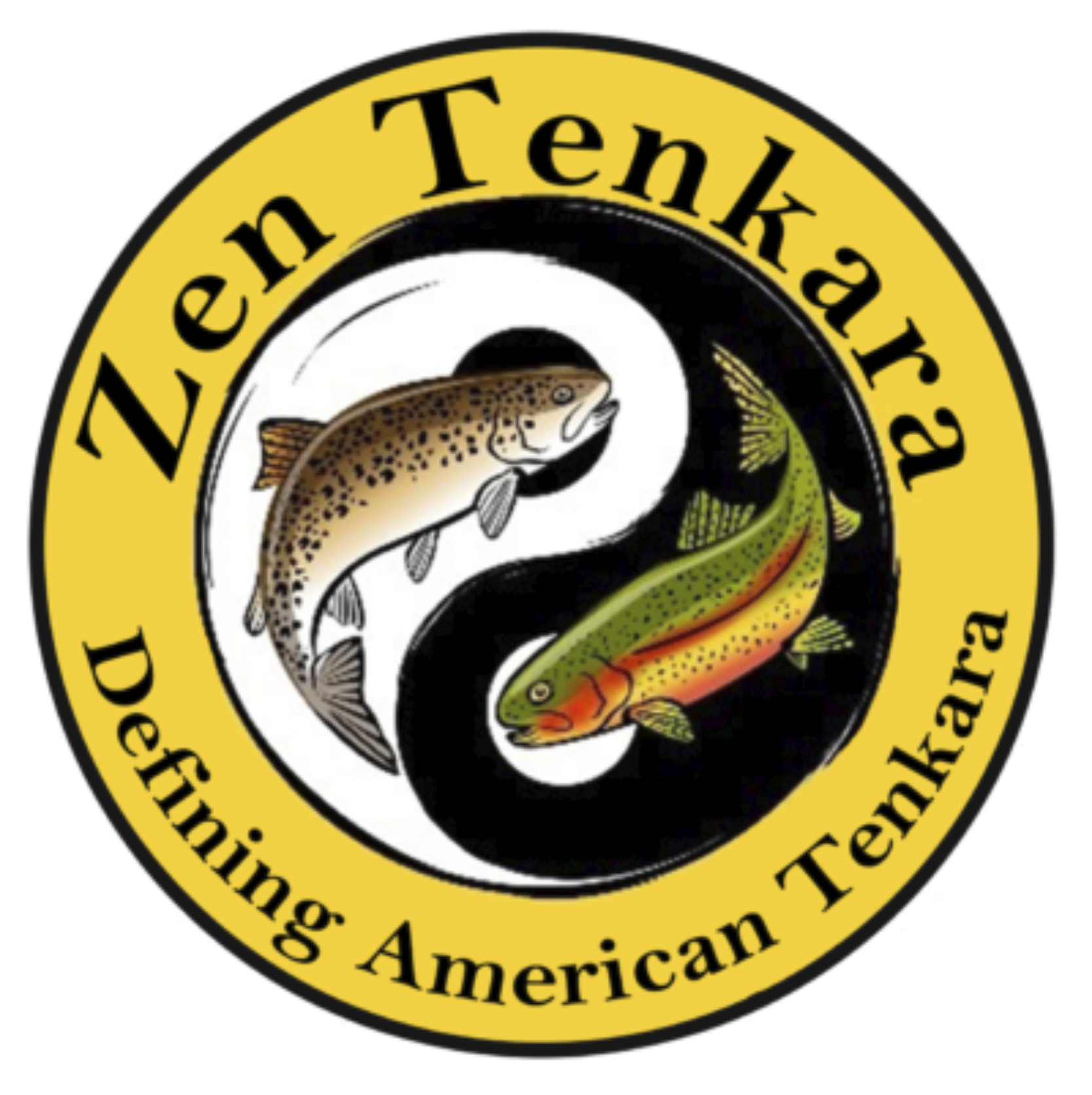Management of coastal resources and conservation of marine biodiversity in the Caribbean
Programme description
Title: Management of coastal resources and conservation of marine biodiversity in the Caribbean
Commissioned by: German Federal Ministry for Economic Cooperation and Development (BMZ)
Country: Belize, Dominica, Grenada, Guyana, Jamaica, St. Kitts and Nevis, St. Lucia, St. Vincent and the Grenadines
Lead executing agency: Caribbean Community and Common Market (CARICOM)
Overall term: 2012 to 2015
Context
[dropcap]D[/dropcap]ue to its great diversity of marine and terrestrial species, the CARICOM region with its 15 island states is considered one of the world’s most important centres of biodiversity. The region, however, is severely afflicted by the impacts of unadapted use of terrestrial and marine areas as well as the impacts of climate change.
The coral reefs in the Eastern Caribbean around the Lesser Antilles and in the Gulf of Mexico are among the world’s most heavily damaged and at risk marine ecosystems. Since the 1980s, the extent of coral reefs in these areas has been reduced by almost a third. Today, one-third of the reef-building species are acutely endangered or at risk of extinction. These changes have had an increasingly negative impact on the sustainability and resilience of ecosystem services like spawning grounds, erosion protection and natural barriers that protect against storm surges and rising sea levels. Economic sectors like tourism and fisheries, which directly depend upon the quality of the marine environment, are particularly affected.
Currently, efforts towards sustainable management of marine protected areas and the remaining mangrove forests must be characterised as inadequate. Causes include inefficient public administrations and insufficient engagement by the private sector. A downward spiral of unsustainable resource usage has resulted, leading to negative impacts on biodiversity, marine protected areas and their ecosystem services. The basis for the livelihoods of local people has been increasingly worsening.
Objective
The management of marine and coastal protected areas in selected member states of the Caribbean Community (CARICOM) is improved.
Approach
The project is supporting numerous activities in the CARICOM region in order to halt the serious impacts of unadapted use of terrestrial and marine areas, as well as the impacts of climate change, on biodiversity, marine and coastal protected areas and their ecosystem services:
- Support for the staff of public and private interest groups to acquire and develop negotiation and organisational skills (capacity development)
- Development of integrated coastal zone management, including the protection and rehabilitation of marine and coastal geo-ecosystems
- Linking the protection and sustainable use of terrestrial and marine geo-ecosystems
- Securing the drinking water supply and environmentally-friendly sewage disposal
- Piloting of innovative approaches as well as up-scaling of the project’s best practices and those of other initiatives
- Promotion of development partnerships with the private sector
- Promotion of gender equality, including the consideration of gender aspects in all work and policy areas
Results achieved so far
In the project’s first year, operational and management plans matched to local conditions were developed in a participatory manner in five selected marine protected areas in five CARICOM member states. Practical implementation is already fully underway. Focus is currently being placed on the development of organisational, legal and national framework plans as well as the assessment and mapping of natural resources in the marine protected areas. These activities will be provisionally concluded in mid-2014. They also encompass the methodical assessment of human and climate-related influences on the coral reefs. In addition, a tested method for monitoring the health of coral reefs will be made available to the local communities.
The project has been able to secure the necessary material goods required for sustainable management of the marine protected areas: for example, workboats, mooring buoys, IT and GPS devices, diving equipment and vehicles. The procurement activities are complemented by educational and training measures on the financial sustainability of the marine protected areas being supported.
[information]
Further information
Contact
Horst M. Vogel
horst.vogel@giz.de
[/information]








